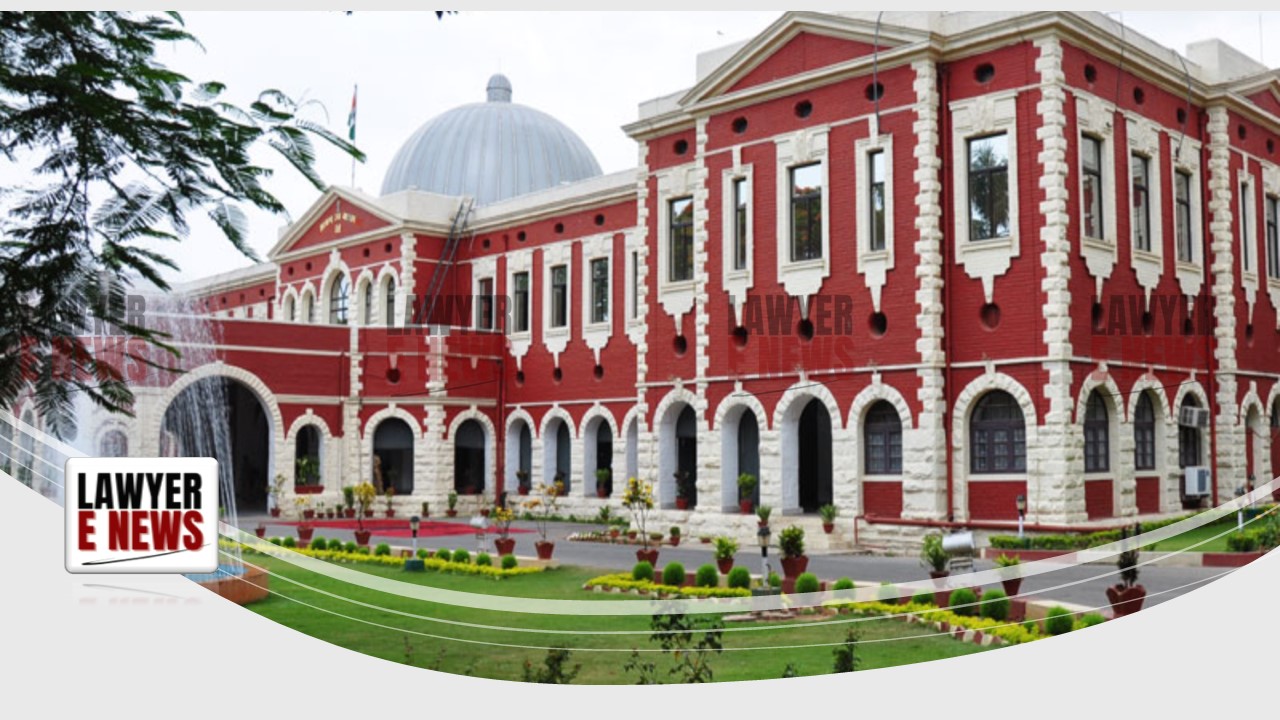-
by Admin
15 February 2026 5:35 AM



In a significant ruling, the High Court of Jharkhand has quashed an award by the Labour Court, Jamshedpur, which had previously ordered the reinstatement and back wages of an employee. The court held that the Labour Court’s determination of the employee’s status as a ‘workman’ was flawed, as it was based on selective evidence, leading to a perverse finding. The judgment was delivered by Justice Anubha Rawat Choudhary on July 18, 2024.
The case involved Randhir Kumar Karan, a Relationship Manager with Tata Asset Management Limited. His employment was terminated on the grounds of underperformance. Karan contested his termination before the Labour Court, which ruled in his favor, ordering reinstatement and back wages, while determining that Karan qualified as a ‘workman’ under the Industrial Disputes Act, 1947. Tata Asset Management Limited challenged this decision, asserting that Karan’s role was managerial and did not fit within the legal definition of ‘workman.’
The High Court highlighted the Labour Court’s erroneous approach in determining Karan’s status as a ‘workman’ based on selective cross-examination of the management’s witness. The court noted, “Selective reading of evidence and ignoring material statements made during examination while arriving at a finding is not permissible in law and such approach adopted by the learned Labour Court makes the award perverse calling for interference in writ jurisdiction.”
Justice Choudhary emphasized that the burden of proof lies on the employee to establish that they qualify as a ‘workman’ under the Industrial Disputes Act. The Labour Court had accepted the employee’s claim without adequate evidence, relying primarily on negative statements made by the management’s witness during cross-examination. “The initial burden was on the employee to prove that he was a ‘workman,’ and the employee had neither stated in his pleading nor in his deposition as to the work being performed by him,” the judgment stated.
The court meticulously dissected the nature of Karan’s employment, drawing from the evidence that indicated his role involved sales promotion and managerial tasks. The witness for the management had clearly stated that Karan’s role was managerial and involved promoting sales, which inherently excluded him from the ‘workman’ category. “The work of promoting sales of the product or services of the establishment is distinct from and independent of the types of work covered by the definition of workman under the Industrial Disputes Act,” the judgment noted.
The court cited several precedents, including the landmark cases of Workmen of Nilgiri Coop. Mkt. Society Ltd. V. State of T.N., Burmah Shell Oil Storage and Distribution Co. of India Ltd. V. Burmah Shell Management Staff Association, and H.R. Adyanthaya v. Sandoz (India) Ltd., reinforcing the legal standards for defining a ‘workman’. The judgment reiterated that a person must be employed to do manual, skilled, unskilled, technical, operational, clerical, or supervisory work to qualify as a ‘workman’ under the Industrial Disputes Act.
Justice Choudhary remarked, “The Labour Court’s reliance on selective cross-examination answers, while ignoring substantial evidence, led to a perverse finding. A comprehensive evaluation of all evidence is crucial in determining the true nature of an employee’s role.”
The High Court’s decision to set aside the Labour Court’s award underscores the importance of a thorough and unbiased evaluation of evidence in employment disputes. By reversing the lower court’s findings, the judgment sends a clear message about the necessity of adhering to legal standards in defining ‘workman’ status. This ruling is expected to have significant implications for future employment disputes, ensuring that managerial and sales promotion roles are not erroneously classified under the purview of ‘workman’ without substantial evidence.
Date of Decision: July 18, 2024
Tata Asset Management Limited vs. Randhir Kumar Karan
